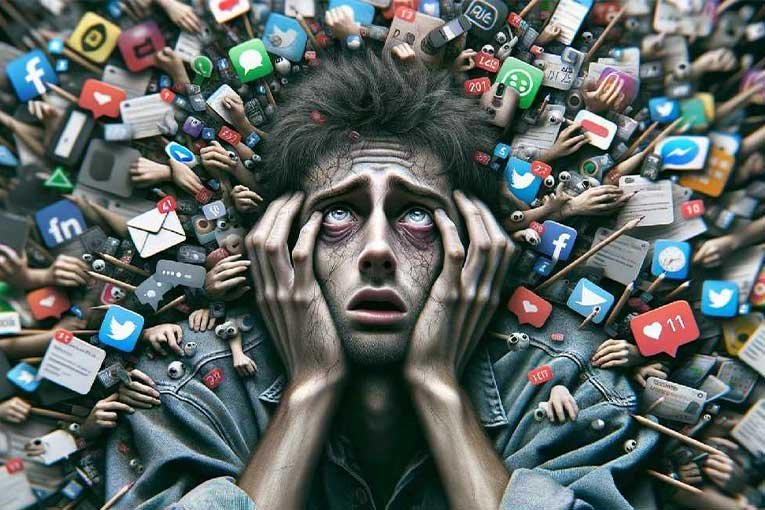Analyzing How Social Media Platforms Contribute to Cell Phone Addiction
Social media platforms like Instagram, Facebook, and Twitter are designed with various features that are intended to keep users engaged and constantly connected. These platforms utilize algorithms that display personalized content based on users’ preferences and behaviors, creating a never-ending scroll of updates, photos, and videos. The infinite scrolling feature, notifications, and constant stream of new content all contribute to keeping users glued to their screens for extended periods of time.
Moreover, social media platforms employ persuasive design techniques that trigger psychological responses, such as the fear of missing out (FOMO) and the desire for social validation. The use of likes, comments, and shares as forms of social currency can lead users to seek validation and approval from their online peers, reinforcing the habit of checking their phones frequently to see how their posts are performing.
The Psychological Effects of Social Media Comparison
One significant psychological effect of social media use is the tendency for users to compare themselves to others. The carefully curated and often idealized versions of people’s lives portrayed on social media can lead to feelings of inadequacy, envy, and low self-esteem. Constant exposure to highly edited and filtered images can create unrealistic standards of beauty, success, and happiness, leading individuals to constantly compare themselves to others and feel dissatisfied with their own lives.
This phenomenon of social comparison can be detrimental to mental health, as individuals may experience increased levels of anxiety, depression, and self-doubt. The constant cycle of comparing oneself to others on social media can create a negative feedback loop that perpetuates feelings of inadequacy and fuels the need for external validation.
Tips for Mindful Use of Social Media Platforms
While social media can be a valuable tool for staying connected and informed, it is essential to practice mindful use to prevent the negative impacts of excessive screen time and comparison. Here are some tips for using social media in a healthier and more mindful way:
By implementing these strategies, individuals can cultivate a healthier relationship with social media and mitigate the risk of developing cell phone addiction. Being mindful of the impact of social media on mental health and practicing conscious consumption can help individuals strike a balance between staying connected online and prioritizing their well-being offline.







